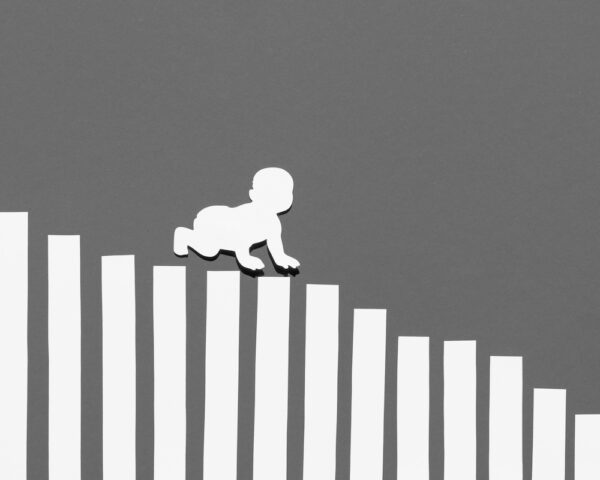Trendy Lifestyle Hacks
15 Signs of a Toxic Relationship
A toxic relationship can harm your mental, emotional, and physical well-being. While all relationships have challenges, a toxic one consistently drains your energy and damages your self-esteem. Recognizing signs like manipulation, constant criticism, and controlling behavior is key to protecting yourself.
This guide will help you identify the warning signs of a toxic relationship and empower you to make healthier choices.
1. Manipulative Behavior

Manipulation involves using deceitful or exploitative tactics to control or influence another person. This can include guilt-tripping, lying, or creating emotional dependency. Manipulative behavior often aims to serve the manipulator’s interests at the expense of the other person’s well-being.
2. Lack of Support

A toxic relationship often lacks emotional or practical support. One partner may not be there during challenging times or may dismiss the other’s needs and feelings. This lack of support can lead to feelings of isolation and neglect, undermining the foundation of a healthy relationship.
3. Control and Possessiveness

Controlling behavior includes dictating what the other person can or cannot do, whom they can see, or how they should behave. Possessiveness may also manifest as jealousy and excessive monitoring. Such behavior stifles independence and can create an unhealthy power dynamic.
4. Frequent Arguments
While occasional disagreements are normal, a toxic relationship often involves frequent, intense arguments that leave both partners feeling drained and unresolved. These arguments are usually characterized by a lack of constructive communication and a focus on personal attacks rather than solutions.
5. Emotional Blackmail

Emotional blackmail involves using threats, guilt, or coercion to get what one wants. This can include threats of self-harm, withdrawal of affection, or other forms of emotional manipulation to control the partner’s behavior and decisions.
6. Neglect and Withdrawal

In a toxic relationship, one partner may withdraw emotionally, becoming distant and unresponsive. This withdrawal can create a sense of neglect, making the other partner feel unimportant and unwanted. Emotional neglect often leads to feelings of loneliness and insecurity.
7. Disrespect
Disrespectful behavior includes belittling, mocking, or dismissing the other person’s opinions, feelings, or boundaries. Disrespect can manifest in various ways, such as rude remarks, condescending attitudes, or ignoring the other person’s needs, eroding trust and mutual respect.
8. Gaslighting

Gaslighting is a form of psychological manipulation where one partner makes the other doubt their own perceptions, memories, or reality. This behavior can cause confusion, self-doubt, and loss of confidence, making it difficult for the affected person to trust their own judgment.
9. Inconsistent Behavior
Inconsistent behavior involves unpredictable and erratic actions that create confusion and instability. A partner who is hot and cold, or whose behavior changes drastically without explanation, can cause emotional turmoil and make it hard to feel secure in the relationship.
10. Jealousy and Envy
Excessive jealousy and envy are signs of insecurity and control issues. If one partner consistently exhibits jealousy over friendships, social interactions, or achievements, it can undermine trust and create an unhealthy atmosphere of suspicion and possessiveness.
11. Physical Aggression

Physical aggression, including hitting, pushing, or any form of violence, is a clear sign of a toxic and abusive relationship. Physical aggression is unacceptable and dangerous, and it can lead to severe emotional and physical harm. It is crucial to seek help and remove oneself from such situations.
12. Lack of Trust

A lack of trust is detrimental to any relationship. If there is ongoing suspicion, doubt, or repeated betrayals, it can erode the foundation of the relationship. Trust issues often lead to constant questioning and insecurity, undermining emotional safety and stability.
13. Dismissal of Feelings
When one partner consistently dismisses or invalidates the other’s feelings, it can lead to emotional harm and a lack of validation. This dismissal can make the affected person feel that their emotions are unimportant or unreasonable, leading to emotional distress.
14. Over-dependence

In a toxic relationship, one partner may become overly dependent on the other for emotional support, validation, or decision-making. This over-dependence can create an unhealthy dynamic where one person’s needs dominate, leading to imbalance and strain in the relationship.
15. Lack of Personal Growth

A toxic relationship can stifle personal growth and self-improvement. If one partner feels constantly held back or unable to pursue their goals and aspirations due to the relationship, it can lead to feelings of stagnation and frustration. A healthy relationship should support and encourage personal development.

